Doula, midwife, nurse-midwife, physician’s assistant, nurse practitioner—there are a lot of healthcare professionals besides a doctor who can help you with your pregnancy and delivery. Each provider offers a unique type of support or service, and each job requires a different level of education and qualifications. Depending on your needs, you might be working with several different practitioners at the same time.
There are also multiple specialists who help manage breastfeeding and lactation concerns, and it’s common to see breastfeeding counselors and lactation specialists advertising their services. Although the title of “lactation consultant” is reserved for IBCLCs, the title is not currently regulated. This means that anyone can call themselves a lactation consultant, even if they have limited clinical experience or are not board-certified.
Some of the other lactation credentials you may see while searching for a lactation provider are Breastfeeding Peer Counselor, Certified Lactation Counselor (CLC), Certified Lactation Specialist (CLS), Certified Lactation Educator (CLE), Certified Breastfeeding Counselor (CBC), or Lactation Educator Counselor (LEC), or La Leche League Leader (LLLL). With so many titles and acronyms, how do you know which to choose?
If you need support on your breastfeeding journey, selecting an International Board-Certified Lactation Consultant, or IBCLC, will ensure you are working with someone with rigorous training at the highest levels of evidence-based healthcare. So, what sets IBCLCs apart?
The IBCLC certification is issued by the International Board of Lactation Consultant Examiners (IBLCE). This designation is the only standardized, internationally recognized certification in the clinical management of breastfeeding.
As an important part of a new parent’s healthcare team, IBCLCs are focused entirely on helping families successfully navigate breastfeeding throughout their entire infant feeding journey from prenatal to weaning. They work in clinical settings (hospitals and doctors’ offices) and the community (public health education outreach, clients’ homes, etc.) and are subject to strict standards of practice and ethical guidelines. At Nest Collaborative, our IBCLCs offer their services exclusively from the comfort of your own home through virtual video visits.
Using IBCLCs has been proven to improve breastfeeding rates and lower healthcare costs. That’s because IBCLCs are deeply experienced and knowledgeable healthcare professionals who bring years of training to each appointment.
As the most highly trained lactation specialists in healthcare, IBCLCs have to complete:
Once the prerequisites are completed, candidates must sit for a comprehensive examination to demonstrate that they have the experience and expertise to manage a variety of complex breastfeeding concerns and family situations. To ensure practitioners stay on top of current research and evidence-based best practices, IBCLCs must submit 75 hours of continuing education credits every five years.
Thanks to this rigorous training and certification process, the IBCLC credential is considered to be the gold standard, making IBCLCs the top experts in the clinical management of breastfeeding and lactation. IBCLCs are skilled at collaborating with other providers as valuable members of your healthcare team. Not only can they answer your lactation questions, but most importantly, they excel at helping you define and meet your own breastfeeding goals.
IBCLCs have a wide scope of expertise across five main areas:
Because breastfeeding is both emotionally demanding and medically complex, meeting challenges effectively requires both sensitivity and clinical expertise. IBCLCs have both.
You don’t wait until your baby is born to buy diapers or research introducing your baby to solids, so it shouldn’t be a surprise that you can work with an IBCLC while you’re still pregnant. But for a number of reasons, many new parents don’t seek help with breastfeeding until they’re sleep-deprived, frazzled, and struggling with a new baby who won’t eat.
Researchers have proven that breastfeeding lasts longer and is more successful among individuals who have received in-depth prenatal education. An IBCLC can help prenatal parents:
While practical preparation is important, one of the most important reasons to work with an IBCLC before your baby is born is that they can guide you in examining how you feel about breastfeeding and help you establish realistic, achievable goals that work for your unique situation.
It’s natural for things we don’t understand to cause anxiety, and one of the best ways to manage that anxiety is to learn. IBCLCs are committed to delivering scientifically accurate, easy-to-understand information about how breastfeeding works for you and your baby as well as why it’s important.
For new parents concerned about the support they’ll receive from their partner, family, or workplace, enlisting an IBCLC who can provide education and advocacy can help make your breastfeeding plan a reality.
Even though it’s a “natural” process, breastfeeding can be complicated. As a result, there are common themes in breastfeeding support that make up the bulk of an IBCLC’s work.
Common breastfeeding concerns that an IBCLC can consult on include (but are certainly not limited to!):
Having a calm, experienced voice in your corner if these issues arise will help you keep your sanity and your breastfeeding plan on track. Even when breastfeeding is going well, a little reassurance goes a long way!
Pumping can be a great way to express your breastmilk to feed to your baby. An IBCLC can give you the tips and tricks for pain-free pumping that supports your supply and schedule even if you’re away from your baby.
This is especially important when it’s time to go back to work. Working with an IBCLC can provide the knowledge you need to confidently:
One quick reminder: pumping should never hurt. If you find pumping painful, seek help immediately.
Everyone can benefit from the know-how of an IBCLC. But for parents with certain extenuating circumstances, expert guidance can be the difference between frustrated defeat and determined progress.
If you or your baby are experiencing any of the following issues, adding an IBCLC to your healthcare team will give you both the best chance of success:
At Nest Collaborative, our trusted network of International Board Certified Lactation Consultants (IBCLCs) provide telehealth lactation consultations through online video appointments available 365 days a year. We serve as an extension of healthcare teams, offering specialized, accessible, and culturally competent lactation support to parents and families.
Our services are covered by hundreds of insurance plans, including a growing list of Medicaid plans, ensuring that quality care is available to all. For those who are uninsured or have insurance plans we do not take, we take FSA/HSA and offer discounted self-pay rates.
*Please note: Nest Collaborative can not see Medicaid or Medi-Cal members as self-pay patients.*
No matter where you are in your breastfeeding journey, we want to help. Contact us today and let’s work together to meet your breastfeeding goals.
